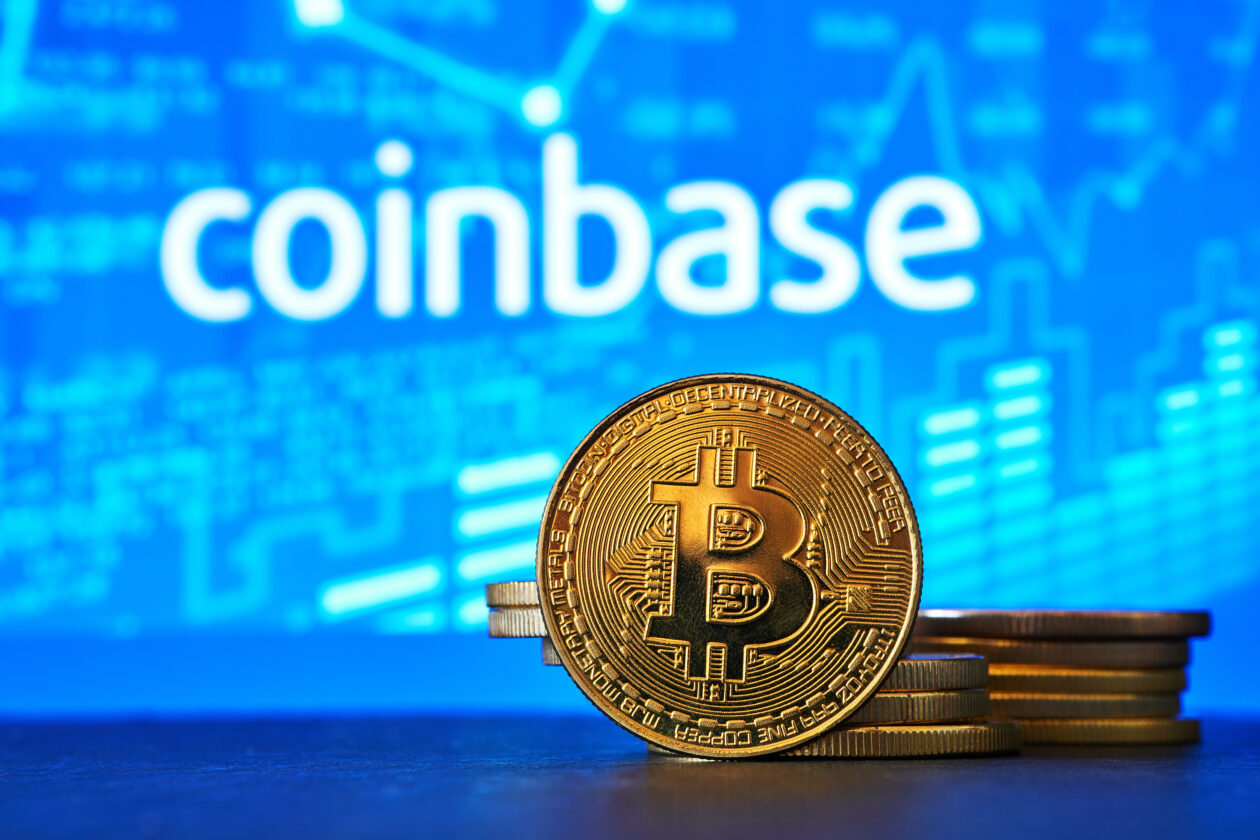The list of firms authorized to provide digital payment token services in Singapore is growing. Among the latest additions is the Nasdaq-listed cryptocurrency exchange, Coinbase.
In a blog post on Oct. 1, Coinbase, the largest crypto exchange in the U.S., announced that it obtained a Major Payment Institution (MPI) license from the Monetary Authority of Singapore (MAS), which permits institutions to offer payment services without adherence to the standard transaction volume.
For Coinbase, the license signifies the exchange’s intensive focus on Singapore as its gateway to Asia, according to Hassan Ahmed, Coinbase’s country director in Singapore. The Asia-Pacific is a region Ahmed is well acquainted with, given his previous roles as the chief executive of the Philippines-based crypto platform Coins.ph and as head of strategy at digital payment firm GoPay Indonesia.
Forkast’s Megha Chaddah spoke to Ahmed about the company’s future plans following the licensing, the perspectives of Singaporeans on digital assets, and Coinbase’s partnership with Circle and other institutions.
This Q&A has been edited for clarity and length.
See related article: Coinbase buys equity stake in Circle
Megha Chaddah: The Monetary Authority of Singapore awarded Coinbase a Major Payment Institution license. How important is this to Coinbase’s operations in Singapore and the Asia-Pacific?
Hassan Ahmed: What this means is that we are effectively doubling down on Singapore as one of our go-deep markets. Coinbase typically looks around and sort of evaluates markets based on factors like regulatory clarity, user demand, and the level of innovation that’s going on. We decided Singapore was one of those markets that hit that mark. It’s a very important financial hub. It’s sort of an access point to the rest of Asia as well.
What that means for our Singaporean users, consumers, and institutions is now they have a trusted onshore, fully regulated platform that they can trust for accessing crypto services. That’s something that we’re very excited about and we’ve localized our platform to include elements like being able to onboard with Singpass, being able to fund your account, using real-time payment rails, other payment options like PayNow, and then you can access things like our USDC rewards and 200 plus assets.
Singapore also serves as our hub for APAC. About a year and a half ago, we had also uplevel Singapore as a tech hub along with some other hubs that we have, notably India as a sister engineering hub sort of next door. What that allows us to do is build within the region for the region.
Chaddah: You already have products in Singapore, how would you expand that offering with the MPI license?
Ahmed: What this licensing does is it just allows us to increase sort of the level of commitment and being able to operate for long-term in the market. You can expect us to announce more localizations, more products, and services in the coming quarters. Our consumers enjoy this localized experience that I mentioned and our institutional clients have access to things like Coinbase Exchange, and there are going to be many more that are going to be introducing into the market from here point on.
Chaddah: Let’s talk about the overall sentiments of Singaporeans when it comes to digital assets. Would you say they are open to it? Are there hesitations? What’s hindering mass adoption?
Ahmed: We see a lot of excitement on the ground despite the market reset and sort of the recent challenges that the industry has had to go through. Consumers, builders, institutional and capital allocators continue to be excited about the potential of this space, especially in Singapore. In our survey, we found that 32% of Singaporean adults had either owned crypto or had held crypto. Over a quarter of them still believe that crypto is the future of finance.
What that indicates to us is that people are excited about the potential of this technology. People are excited to be user-owners of this technology and we’re happy to provide another safe and trusted onshore option for them.
Chaddah: The MAS has actively discouraged retail crypto participation, including marketing geared towards retail investors. How is that impacting your go-to-market strategy?
Ahmed: There’s a lot that the MAS has gotten right, and this comes from their experience of both kinds of creating Singapore as a financial hub and then eventually as a fintech hub as well. They’ve provided a clear regulatory foundation and a framework for companies to operate in.
The way that I would characterize them is tough but fair. They provide clean guidelines, they guide the industry and they take feedback. So, we have a collaborative relationship with them as we take guidance from them around regulatory expectations. That creates a very different dynamic for operating in the market and being able to plan out your roadmap as well. It’s in stark contrast to a regulation-by-enforcement approach that’s happening in other markets.
Now, we do note that at the same time, the MAS has sort of taken a point of view that there are concerns around the suitability of digital payment tokens for retail and the way that they’re going about solving it is also pragmatic. They have said at the outset that they’re not looking to ban crypto for retail in Singapore, but at the same time, they are looking at introducing safeguards such as customer risk assessment and things like risk attestations. Those guidelines are yet to be published but we’re also in active dialogue.
Chaddah: Coinbase partnered with Circle to give Singaporeans access to USDC, who else are you talking to for future partnerships as you build the crypto ecosystem?
Ahmed: One of the things that we found in our survey, for instance, is that Singaporean consumers were concerned about the volatility of these assets. In turn, what we have done effectively is we’ve waived our commissions and fees for buying USDC so that it makes it easier for Singaporean consumers to get started and then they can also earn rewards on top.
Standard Chartered is our notable banking partner that supports us for both kinds of fiat rails as well as holding our underlying customer fiat funds. So, we’re very pleased with how that partnership is going as well.
On the institutional side, we have many notable relationships with market makers, liquidity providers, and other digital asset trading platforms as well, where we may power their custody solutions and the like. So, it is a very connected ecosystem and we’re big believers that we all have to grow it out together.
See related article: Coinbase cleared to offer crypto futures trading in the US






